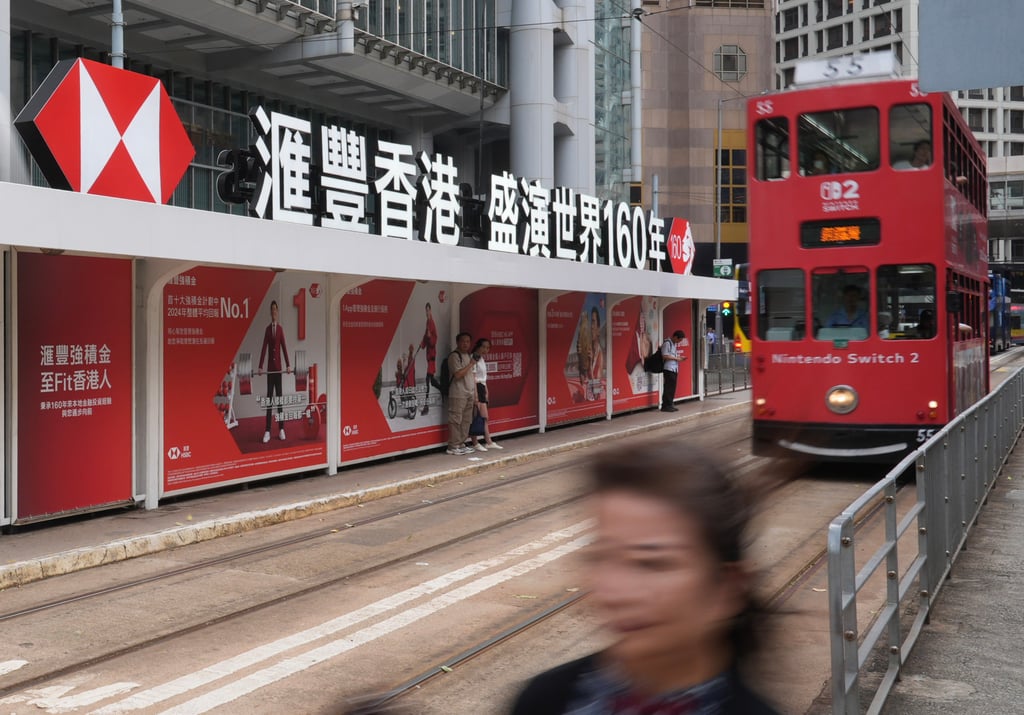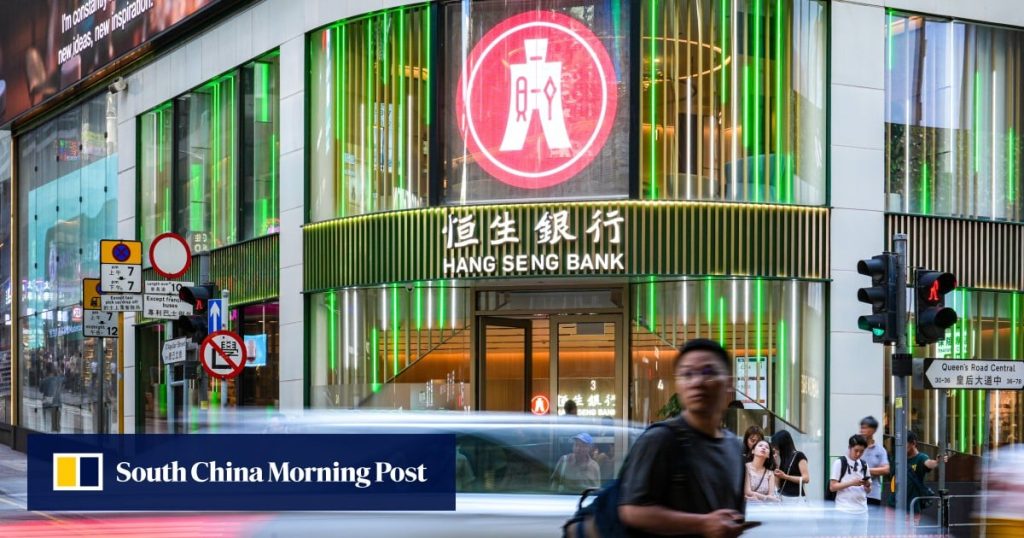HSBC Holdings said it would privatise its Hang Seng Bank subsidiary, drawing the curtains on half a century of the unit’s publicly traded status amid worsening real estate loans in Hong Kong.
HSBC offered to buy all outstanding Hang Seng Bank shares for HK$155 (US$19.92) each in cash, or a premium of 30 per cent over the bank’s Wednesday closing price of HK$119, according to a statement to the Hong Kong stock exchange on Thursday morning. The Hang Seng shares would be cancelled after the purchase, according to the plan.
The privatisation of Hang Seng would strengthen “the Hong Kong banking presence of both HSBC Asia-Pacific and Hang Seng Bank, focusing on their relative strengths and competitive advantages, but continuing to allow all customers to choose where to bank”, according to a statement by HSBC’s regional unit.
HSBC said it intended to continue to invest in people and technology across both HSBC Asia-Pacific and Hang Seng Bank and expected there to be an opportunity “to create greater alignment across HSBC and Hang Seng Bank that may result in better operational leverage and efficiencies”.

Hang Seng Bank was established in March 1933 as Hang Seng Ngan Ho, before adopting its current name. The bank lost almost one quarter of its reserves during a bank run in 1965, which forced its founders to sell a 51 per cent controlling interest to HSBC.


